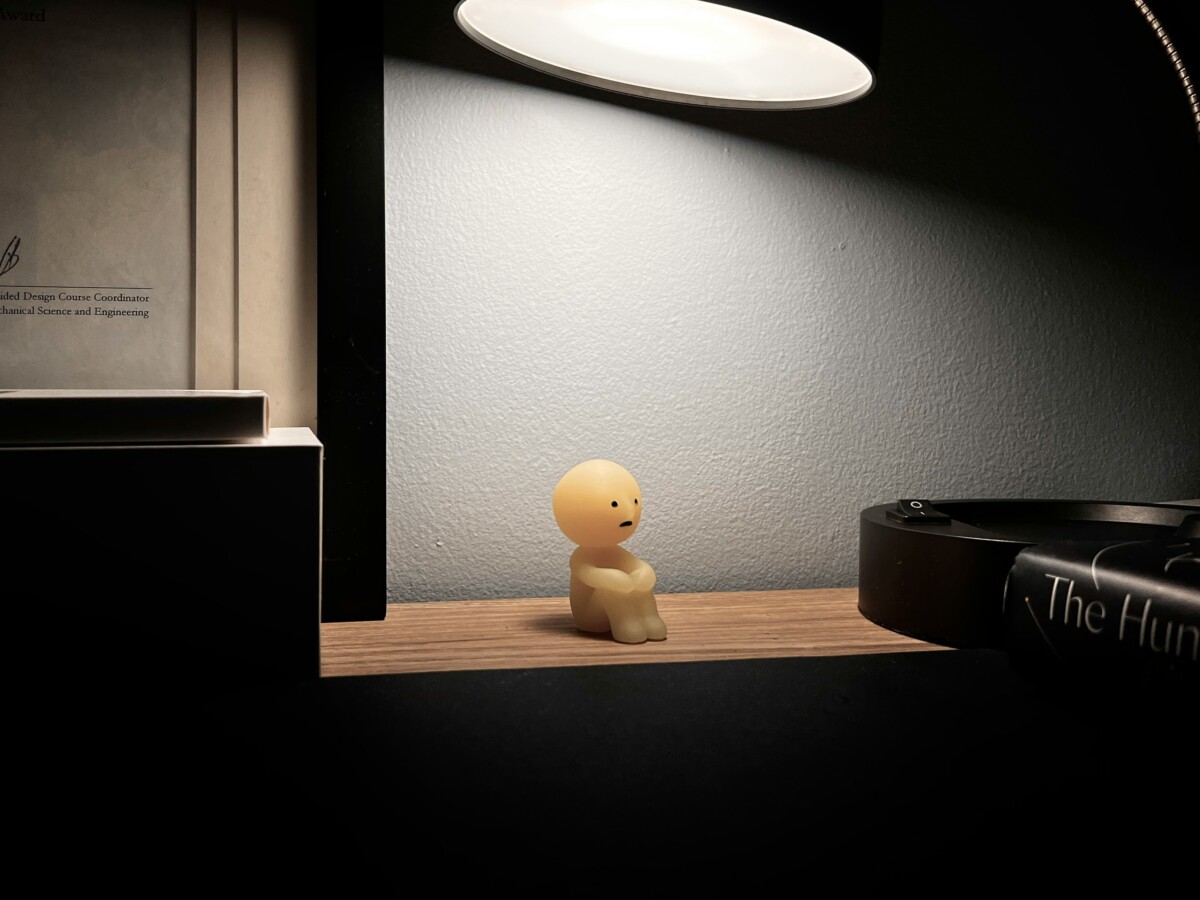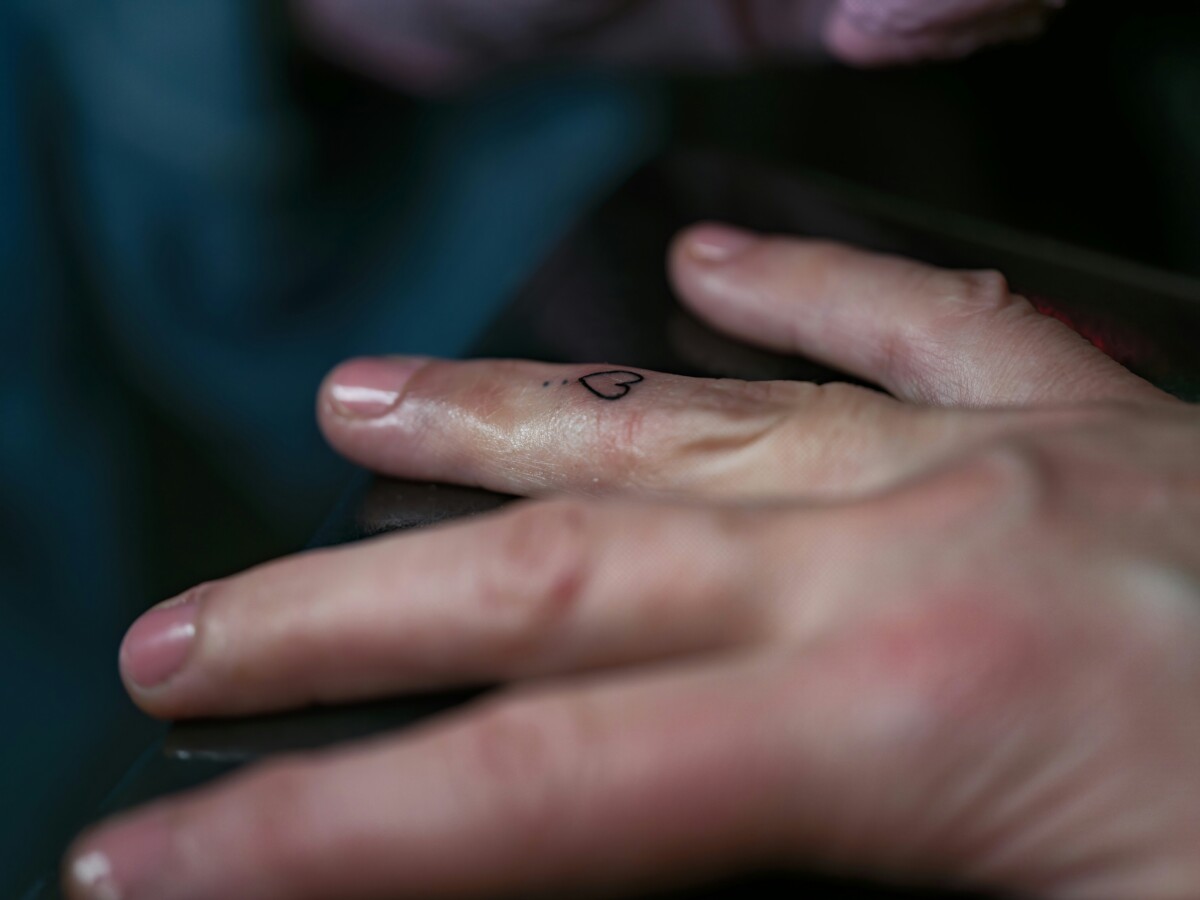Listen to the full podcast episode on YouTube, Spotify, and Apple Podcasts.
Katie is the co-founder of enough., a new venture launching later this year that aims to empower survivors of sexual violence with a revolutionary new form of reporting. But this isn’t just a tech solution. It’s a design rethink of the power dynamics, pain points, and psychological weight that survivors face—often alone.
“The problem is not a lack of awareness anymore,” she explains. “We’re asking people to take on so much responsibility in a broken system. What if we redesigned the experience instead?”
🧩 Reframing the Challenge
Katie’s path to enough. wasn’t linear. She built her career in brand strategy, helping global firms innovate, position, and grow. But it was her own lived experience—and deep frustration with the status quo—that inspired her to step away from client briefs and into system-level change.
“This isn’t about replicating what exists or trying to make institutions slightly more efficient,” she says. “It’s about meeting people where they are, especially in moments of trauma, and creating something radically more human.”
With enough., survivors can document their experience in a way that feels safe, supported, and non-linear. The platform is built around behavioural science—acknowledging that trauma affects memory, decision-making, and timing. Reports can be time-stamped but held until a survivor is ready to act.
It’s not just empowering. It’s preventative. If a survivor chooses to release their report, the tool can alert others who have reported the same perpetrator, creating a network of patterns and protection.

🛠 What Happens When You Design For Survivors?
Katie describes how much of the current system is built around protecting institutions—from HR departments to law enforcement. But her lens, honed from years in innovation consulting, flips the script.
“I wanted to create something that protects survivors instead,” she says. “We can use design as a form of justice.”
Her approach is iterative, not prescriptive. During beta testing, Katie and her co-founder worked closely with a diverse group of users to prototype features, gather feedback, and refine their tone and timing. One insight? Survivors often want to share their experience—but not necessarily with authorities. So, enough. supports anonymous documentation, giving survivors a form of control even when they’re not ready to pursue action.
It’s a reminder that systems aren’t just broken because of bureaucracy—they’re broken because they weren’t designed with the user in mind.

🔮 What Would It Look Like to Shift the Culture?
Katie’s work intersects with a broader reckoning across sectors—from business to media—around how power operates. But what makes enough. stand out is its unwillingness to wait for cultural change. Instead, it builds micro-actions that could shift the ecosystem.
“We talk about ‘culture change’ all the time,” Katie says, “but culture is made up of small systems, actions, and choices. If you change the experience, the culture will follow.”
As her team prepares to launch in October, Katie hopes the platform can become both a tool and a statement. That we don’t need to wait for institutions to evolve—we can create new tools, new language, and new rituals for justice.
And if we’re serious about responsible business, perhaps this is what responsibility really looks like: not just acknowledging harm, but designing systems that make it harder to do harm in the first place.
Sponsored by...
truMRK: Sustainability Communications You Can Trust
👉 Learn how truMRK helps organisations strengthen the credibility of their communications.
Want to be a guest on our show?
Contact Us.
The Responsible Edge Podcast
Queensgate House
48 Queen Street
Exeter
Devon
EX4 3SR
Recognition.
Join 2,500+ professionals.
Exploring how to build trust, lead responsibly, and grow with integrity. Get the latest episodes and exclusive insights direct to your inbox.
© 2026. The Responsible Edge Podcast. All rights reserved.
The Responsible Edge Podcast® is a registered trademark.
Sponsored by truMRK
© 2026. The Responsible Edge Podcast

